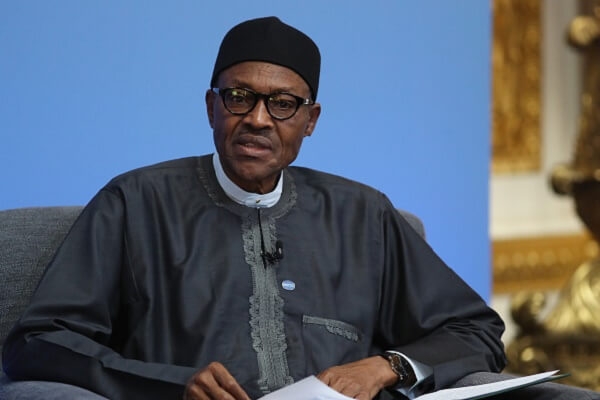
With scary statistics from the International Monetary Fund (IMF) and economic analysts that Nigeria’s economy could contract this year, the influential economic and business media, Bloomberg, has written off President Muhammadu Buhari as lacking the desired know-how to fix the country’s woeful economic prospects.
Economic analyst, Renaissance Capital Ltd.’s Yvonne Mhango, and Standard Chartered head of Africa macro research, Razia Khan of South Africa, also hold the same opinion.
Last month, the Central Bank of Nigeria allowed the naira to devalue after a 15-month currency peg curbed investment and contributed to a 0.4 percent contraction in the economy in the three months through March. With inflation at a six-year high, the Monetary Policy Committee will probably raise borrowing costs by 400 basis points by the end of 2016, according to Standard Chartered.
Advertisement
The four-month delay in passing the record 6.1 trillion naira ($21.6 billion) budget, which was meant to stimulate growth in Africa’s largest economy by spending on roads, ports and electricity generation, will reduce its efficiency, according to the International Monetary Fund.
Buhari’s vision to diversify the economy of Nigeria, which relies on oil for more than 70 percent of revenue, has not translated into big investments, and infrastructure to support local manufacturers doesn’t exist yet, according to Renaissance’s Mhango.
“That’s the missing link and we haven’t heard enough on how they are going to improve and make the business environment more conducive,” Mhango said by phone from Johannesburg on July 12. “There has been little color on fiscal policies to drive the growth agenda.”
Nigeria is facing a revenue squeeze as earnings from oil fall due to lower prices and a resurgence of militant activity destroyed installations in the crude-producing Niger River delta, slashing output to an almost three-decade low.
Advertisement
The naira peg at 197-199 per dollar, compared with an unofficial exchange rate of 340 per dollar just before the currency was allowed to float, caused fuel shortages for months as businesses struggled to access foreign currency to place orders. Restrictions on the use of dollars to import goods ranging from steel products to rice still apply.
“It is not sufficient to focus on going from a de facto peg to a flexible regime,” Gene Leon, the IMF’s resident representative in Nigeria, said in an interview in the capital, Abuja, on July 8. “The authorities need to be announcing at the same time how the change affects fiscal policy, how is it impacting inflation, balance sheets of corporates, balance sheets of the banks, and how the increased fiscal receipts allows the undertaking of development.”
Leon said the economy will probably contract this year, even as the IMF still forecast growth of 2.3 percent in its April Regional Economic Outlook.
Renaissance Capital projects the economy will shrink 0.5 percent in 2016 and London-based Capital Economics Ltd. forecasts a contraction of 1 percent.
Central bank Governor Godwin Emefiele said in May the economy is likely to fall into recession.
Advertisement
Price growth and the need to support the naira and attract inflows could force policy makers to increase the benchmark interest rate by as much as 400 basis points to 16 percent this year, according to Khan.
So things are likely to get quite a bit worse before they get better,” John Ashbourne, Africa economist at Capital Economics, said in an e-mailed response to questions. “This year is going to be terrible for the economy no matter what they do. The goal of policy now is damage limitation rather than sustained growth.”


